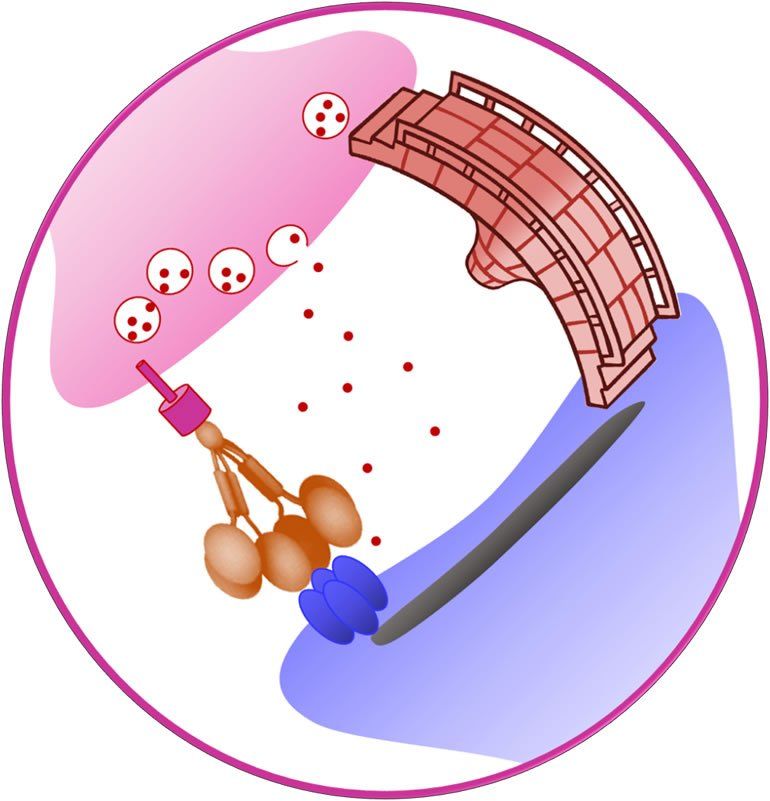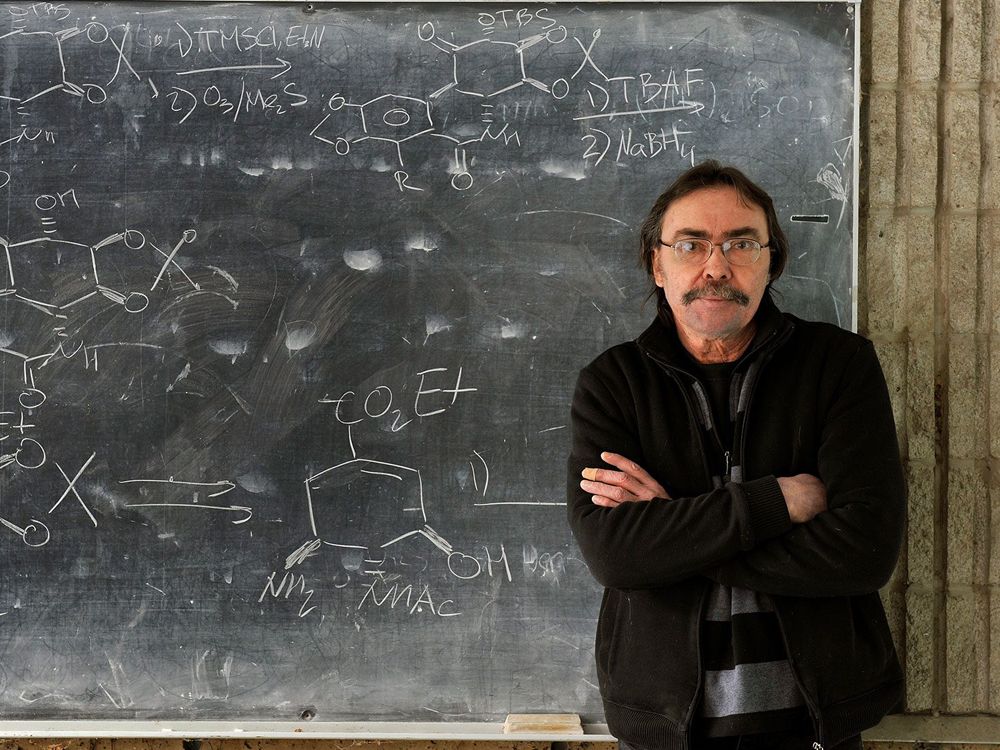This week:
🚀 The first piece of NASA’s Orion Spacecraft #Artemis III pressure vessel arrived in New Orleans
👩🏿🚀 Astronaut Jeanette Epps is assigned to The Boeing Company’s Starliner crewed mission
🌀 Hurricane Laura observed from space.
This week:
🚀 The first piece of NASA’s Orion Spacecraft #Artemis III pressure vessel arrived in New Orleans
👩🏿🚀 Astronaut Jeanette Epps is assigned to The Boeing Company’s Starliner crewed mission
🌀 Hurricane Laura observed from space.

A worldwide pandemic, something that has not occurred for over 100 years is, without question, the story of the year. The impact and ripple effect may take years before analysts are comfortable with knowing what exactly happened. In an amazing effort to curb Covid-19 and keep world economics intact, the United States and foreign countries took extraordinary measures, most of which where thought of, designed, and implemented in days or weeks. There will be plenty of critics.
If the world emerges from this pandemic in the next 6 to 18 months, it will be because of a rapid response. Inflation could be an issue, yet monetary policy enacted was necessary to keep the world from falling into a depression. The issues that won’t be talked about are ones that never happened, thanks to aggressive government action.
In the commodity world, much like the equities, great uncertainty leads to wild volatility. Energy prices dropping into negative territory and milk prices dropping sharply only to rally to all-time new highs illustrate the dichotomy of just how demand (or perception thereof) ebbs and flows at unprecedented speeds. These are just two examples of many markets that experienced extreme price moves.

The Boring Company’s Las Vegas tunnel will be operational in “only a few months,” according to company frontman Elon Musk, who updated the project’s progress on August 28.
Musk, CEO of the Boring Company, set out to create a new source of transportation in high-traffic areas several years ago while living in Los Angeles. While LA has a private test tunnel in Hawthorne, California, near the Tesla Design Studio and SpaceX Headquarters, Musk wanted to expand upon the idea and move it to other cities.
Las Vegas needed a transportation solution to handle traffic on the Strip, where many of the visitors spend the majority of their time while visiting the Sin City. However, the Las Vegas Convention Center also desired an underground people mover, and the Boring Co. was more than happy to make a $52.5 million bid on the project, which was accepted.
In October 2019, the Boring Company officially opened the construction of the Las Vegas Convention Center tunnel project. By January, the tunnel was nearly 50% complete.
The process of boring tunnels under the LVCC was completed in May, and now the final touches are being put into place before it can be ready to assist in moving thousands of people from location to location in Las Vegas.
Launch is scheduled for Aug. 29, with a launch time of 2:04 a.m. EDT. Live broadcast begine 1:44 a.m. EDT.

The White House on Wednesday will announce that federal agencies and their private sector partners are committing more than $1 billion over the next five years to establish 12 new research institutes focused on artificial intelligence and quantum information sciences.
The effort is designed to ensure the U.S. remains globally competitive in AI and quantum technologies, administration officials said.

Summary: A newly designed synthetic compound could act as a prototype for a novel class of drugs to treat neurological damage.
Source: DZNE
Researchers from the German Center for Neurodegenerative Diseases (DZNE), UK and Japan have developed a neurologically acting protein and tested it in laboratory studies. In mice, the experimental compound ameliorated symptoms of certain neurological injuries and diseases, while on the microscopic level it was able to establish and repair connections between neurons. This proof-of-principle study suggests that biologics, which act on neuronal connectivity, could be of clinical use in the long term. The results are published in the journal Science.

WASHINGTON — NASA and Boeing announced an updated schedule of test flights of the company’s CST-100 Starliner commercial crew vehicle that would allow it to begin operational missions to the International Space Station at the end of 2021.
In an Aug. 28 statement, NASA said it had scheduled a second uncrewed test flight, known as Orbital Flight Test (OFT) 2, for no earlier than December. That mission will be a repeat of the original OFT mission flown last December, which was cut short by technical problems that prevented the spacecraft from approaching and docking with the ISS.
The NASA statement confirmed recent comments by agency officials on the schedule for OFT-2. “The Boeing folks are working hard for their reflight to be done by the end of the year, maybe early January,” Kathy Lueders, NASA associate administrator for human exploration and operations, said in an Aug. 24 webinar during the American Institute of Aeronautics and Astronautics’ Propulsion and Energy Forum.

A trial by scientists at the University of Alberta is being proposed for an antiviral drug, a protease inhibitor, that was first developed to treat feline coronavirus. The drug has been found to prevent viral replication in human cells infected with SARS-CoV-2.
Antiviral used to treat cat coronavirus also works against SARS-CoV-2.

With moral purity inserted as a component to the internal processes for all academic publications, it will henceforth become impossible to pursue the vital schema of conjecture and refutation.
Shocked that one of their own could express a heterodox opinion on the value of de rigueur equity, diversity and inclusion policies, chemistry professors around the world immediately demanded the paper be retracted. Mob justice was swift. In an open letter to “our community” days after publication, the publisher of Angewandte Chemie announced it had suspended the two senior editors who handled the article, and permanently removed from its list of experts the two peer reviewers involved. The article was also expunged from its website. The publisher then pledged to assemble a “diverse group of external advisers” to thoroughly root out “the potential for discrimination and foster diversity at all levels” of the journal.
Not to be outdone, Brock’s provost also disowned Hudlicky in a press statement, calling his views “utterly at odds with the values” of the university; the school then drew attention to its own efforts to purge unconscious bias from its ranks and to further the goals of “accessibility, reconciliation and decolonization.” (None of which have anything to do with synthetic organic chemistry, by the way.) Brock’s knee-jerk criticism of Hudlicky is now also under review, following a formal complaint by another professor that the provost’s statement violates the school’s commitment to freedom of expression.
Hudlicky — who told Retraction Watch “the witch hunt is on” — clearly had the misfortune to make a few cranky comments at a time when putting heads on pikes is all the rage. But what of the implications his situation entails for the entirety of the peer-review process? Given the scorched earth treatment handed out to the editors and peer reviewers involved at Angewandte Chemie, the new marching orders for academic journals seem perfectly clear — peer reviewers are now expected to vet articles not just for coherence and relevance to the scientific field in question, but also for alignment with whatever political views may currently hold sway with the community-at-large. If a publication-worthy paper comes across your desk that questions or undermines orthodox public opinion in any way — even in a footnote — and you approve it, your job may be forfeit. Conform or disappear.
